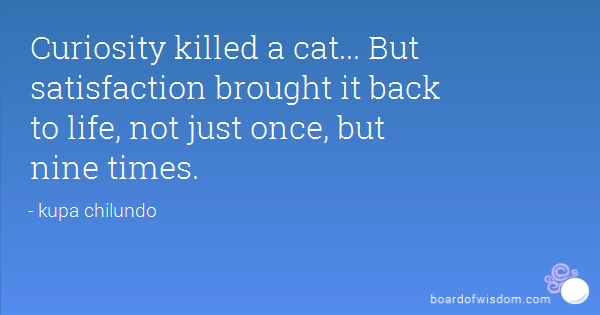In my previous post you read that testing is not the same as checking. So when I talk about testing I never mean checking. When I talk about a tester, I talk about someone who does everything else including checking.
First of all, we need to understand that the perfect tester does not exist and that nothing can ever be considered as fully tested. So a perfectionist who cannot deal with this idea, is probably not a good candidate. Perfectionism is only good to a certain degree.
So who is the best tester? Is it the tester that finds the most bugs? The one who finds the most important bugs? The one that runs the most test cases? It’s really hard to measure the qualities of a tester, but to me the best tester is the one who gets important bugs fixed. Besides the creativity needed to find the bugs, they need to be persuasive and have good communication skills to convince the right people to get those important things fixed.
Testers should not compromise when they feel the software is not adding value for the user. They should always empathize with the user. They should strive to make working with the software a joyful experience, not a necessary evil one has to go through to get a particular result.
So what are the most important qualities I look for in testers? My interviews with candidate testers are always about the ability to quickly learn something. I trick candidates into making mistakes and then give them the opportunity to correct their answers. We usually play card games, or dice games, I ask trick questions or ask them to solve a riddle. The purpose is not to see who can find the solution or win the game. I just want to see how well and how quickly candidates can learn from their mistakes.
At the same level I put “curiosity”. Curiosity is the driver for creativity and resourcefulness. It allows a good tester to generate the right ideas and use anything and anyone to get their work done. If people don’t ask questions, they are not ready to learn and they will not be able to become creative. They will not be able to identify tools and people that can help them to reach their goals.
If the best testers have to get the important bugs fixed, they needs to have great communication skills. They have to persuade the product owner or the developer to get things fixed. Unfortunately this quality is usually a bit locked up in smart people. Smart people don’t brag about their intelligence, their intelligence is just normal to them. So usually they are very silent and introverted. But is this a reason not to hire someone who is curious and a quick learner? I don’t think so. I feel that as a QA manager it is my task to coach the testers where they need it the most. If making their voices heard is something they need help with, then that will get my full attention.
Anyone who is a quick learner, who is genuinely curious, and who has the ability to empathize is a good candidate to become a tester. If you are also persuasive in your communication, you have the edge.
Like this blog? Follow us on LinkedIn or Twitter and we will send you notifications on all future blogs.






